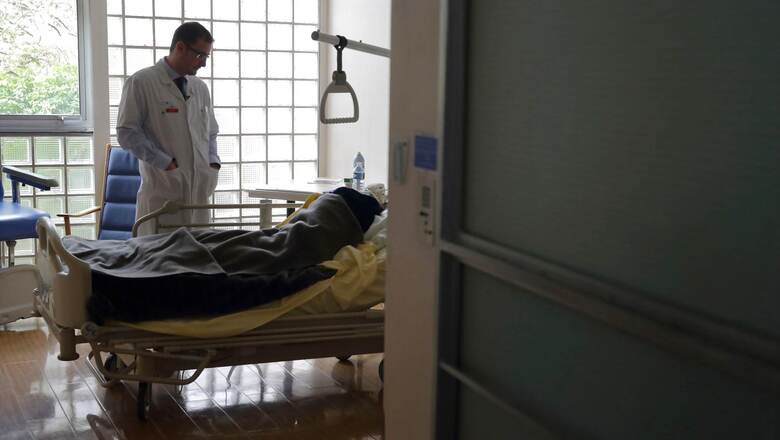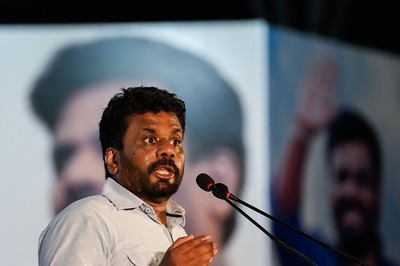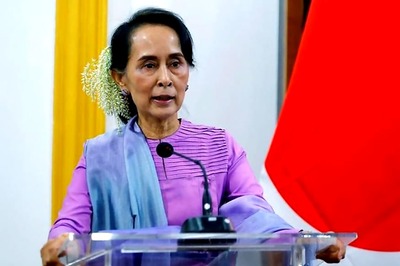
views
Bogota : Dr. Gustavo Quintana walks out of a modest, two-floor apartment building in southern Bogota. Inside his black doctor's bag are vials containing anesthesia and muscle relaxants, a syringe and a rubber tourniquet.
The man known in Colombia as Dr. Death has just ended the life of his 234th patient: a middle-aged woman suffering from incurable stomach cancer.
For years, Quintana and a handful of other physicians have been performing what they consider mercy killings in a semi-clandestine state, at risk of prosecution and amid widespread rejection from other doctors and church officials.
But their work took a step out of the shadows yesterday when, after weeks of heated public debate and last-minute legal challenges, 79-year-old Ovidio Gonzalez became the first Colombian to die as a r esult of government-sanctioned euthanasia.
Gonzalez, 79, died at a hospital in the western city of Pereira after suffering from terminal mouth cancer the past five years. His death is the first in accordance with an April decree by the Health Ministry mandating that clinics perform the procedure when requested by terminally ill patients.
A Constitutional Court ruling 17 years ago made Colombia the first and still only country in Latin America, and one of just a handful worldwide, to allow euthanasia. The ruling was based on justices' interpretation of a constitutional clause guaranteeing Colombians the right to live and presumably die with dignity.
But Congress never passed laws regulating the procedure, as the high court had ordered, leaving the issue in a state of legal limbo. In April the Health Ministry finally intervened, providing the regulatory guidelines for insurers and hospitals.
Religious groups and many doctors were outraged by the new rules, which require all hospitals to form medical committees to evaluate a patient's request for euthanasia.
Local Roman Catholic leaders threatened to close the dozens of hospitals the church runs in Colombia if required to carry out what it considers murder, and Colombia's conservative Inspector General tried to block application of the new rules.
Controversy was further ignited by Gonzalez's decision to take his plight public and make himself a test case for the law. He was assisted by his son, Julio Cesar Gonzalez, a cartoonist for top-selling newspaper El Tiempo better known by his pen name "Matador," or "Killer."
On Friday, Gonzalez bade farewell to his father in a cartoon showing the grim reaper, scythe in hand, asking his father why his bags are packed. "I'm dying to travel," answers his father, suitcases in hand.



















Comments
0 comment